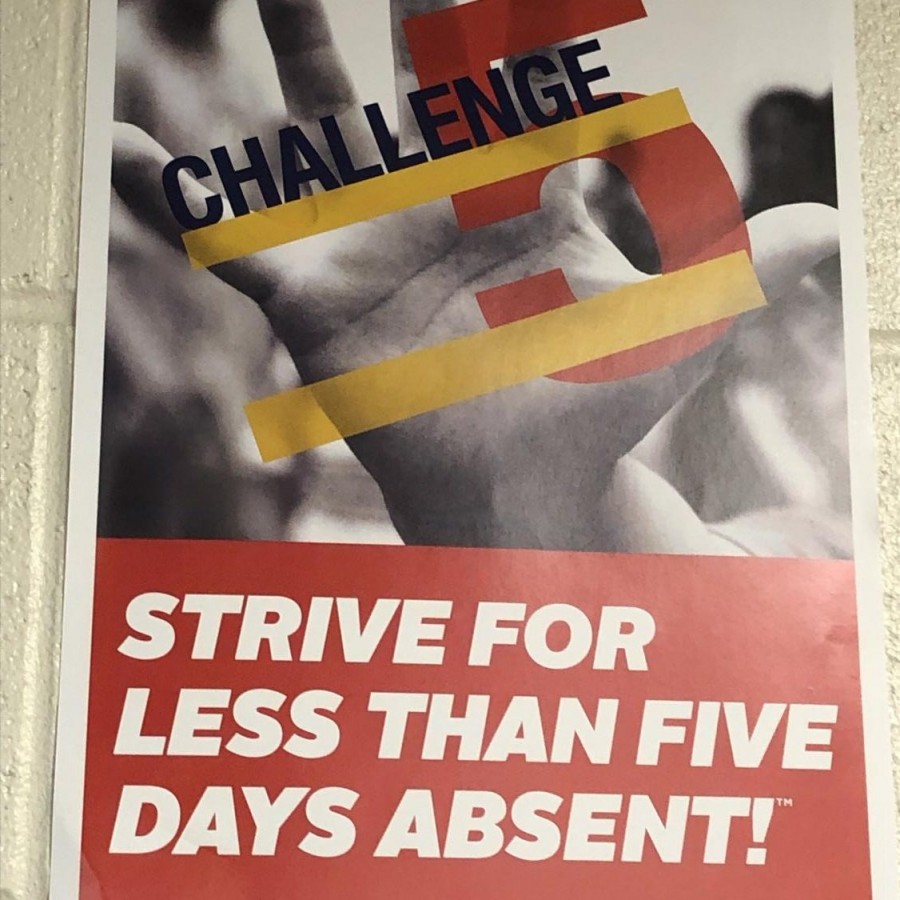Every year, students face the dilemma of sickness. Whether it is something as simple as a cold or as pronounced as a mono outbreak, students face a choice: stay at home, or go to school.
As of the 2017-2018 year, students have been encouraged to miss fewer than five days in order to inspire fewer students to skip school.
For many, this seems fairly simple and achievable until you do the math; on average a student can miss a day of school once every 36 school days. This means that if someone comes down with the flu and is gone for two days of a week early in the school year that they can now only be absent once per every 60 school days, which is roughly 84 calendar days.
This is just for illnesses that are viral or bacterial, but some students have chronic illnesses that handicap them as well. A concerned mother at writeslaw.com reported the treatment she was given for having a chronic illness.
“She made up all her work and has no incomplete assignments. Her grades are A’s and B’s. The school told her that if she doesn’t make up the time she missed, she will not get credit for these classes. Can they do that? She would gladly give up her sick days for school days.”
While the expectations for missing fewer school days have gone up, the assistance in achieving that goal is entirely lacking on the schools part. The school has recently spent millions of dollars on new buildings for the S.T.E.M. and physical education facilities, but it has yet to create better preventative measures against sickness.
According to the Center for Disease Control’s website on preventing the spread of the flu, there are four major points that school officials should follow: “encourage students, parents, and staff to get a yearly flu vaccine; encourage students, parents, and staff to take everyday preventive actions to stop the spread of germs; educate students, parents, and staff on what to do if someone gets sick; and establish relationships with state and local public health officials for ongoing communication.”
These guidelines are all about schools spreading knowledge about sickness and how to prevent it, but I have never seen emails or heard something from administrators or teachers about how to stay healthy besides “wash your hands” and “don’t touch doorknobs and high traffic objects because they carry lots of germs.”
Due to this, staying healthy is completely dependent upon parents and their children, so since we have not had any outbreaks this year, I would like to thank the parents of every Pleasant Valley child and every sensible student for not infecting the rest of us.









